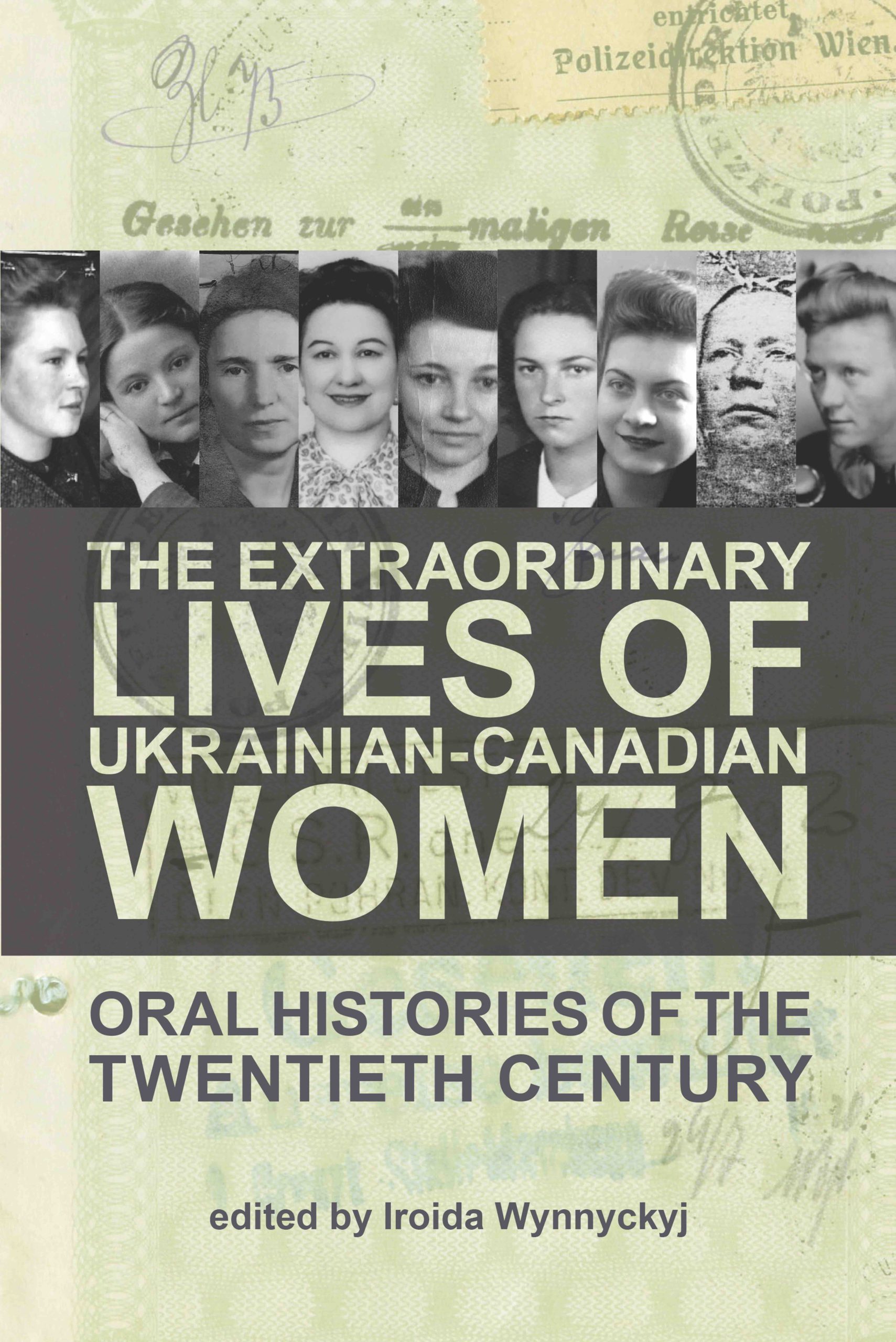We live in turbulent times. But as I read the morning news, and panic ensues, I recall my Polish mother’s stories. One February morning in 1940, Russian soldiers came knocking at her door. Her family of seven was loaded onto cattle trains and deported to Siberia. She witnessed horrors, yet was one of the most cheerful people I ever knew.
I hear echoes of her courage and resilience in The Extraordinary Lives of Ukrainian-Canadian Women, a compilation of interviews with women who survived Ukraine’s brutal occupations by neighbouring nations in the interwar and Second World War periods. Many risked their lives working for underground organizations before the Ukrainian state existed.
Volodymyra Luchkiv (1922–2021) was one of them. She served as a secret liaison in the militant Banderite faction of the Organization of Ukrainian Nationalists (OUN) and was imprisoned by the Gestapo. At first she was alone in a rat-infested basement smeared with writing in what seemed like blood. She was punched and kicked and she fainted during interrogations. “I only prayed to God that I wouldn’t betray anyone,” she says. Ironically, the certainty that she wouldn’t come out alive helped her stay true to her vow. But a miraculous escape followed. She entered medical studies and later found her way to Canada.
Luchkiv, as well as the other women interviewed, not only survived but thrived as they helped build Canadian-Ukrainian organizations. Their life stories are awe-inspiring. Yet the book also contains troubling passages. There was little sympathy towards Jews, says one of the women, referring to “exploiters in every village.” Others blithely mention the 1943–45 Volhynia massacres—where over 50,000 Poles, mostly women and children, were slaughtered by the OUN and its military arm, the Ukrainian Insurgent Army (UPA)—as a “misunderstanding” and “payback.” These comments are not contextualized and the footnotes omit the ethnic cleansing objectives of the OUN/UPA. This diminishes the universal message of the stories: the astonishing ability of humanity to survive brutality.
As with these Ukrainian women, my mother was a patriot until the end of her days. She remained ashamed of but mostly silent on the atrocities committed by Poles towards Jews or Ukrainians. That’s not excusable but it is perhaps understandable. As Polish and Ukrainian Canadians we can now do better. Verity only honours our ancestors’ stories. Liudmyla Bryzhun (1893–1981) sums it up well. “I would say that everywhere is the same,” she says. “It depends on the kind of people you end up with. You may end up with good people, or the kind that… Our own [people] and foreigners both did nasty things. It all depends on that.”
Agnieszka Matejko immigrated to Canada in 1970.


